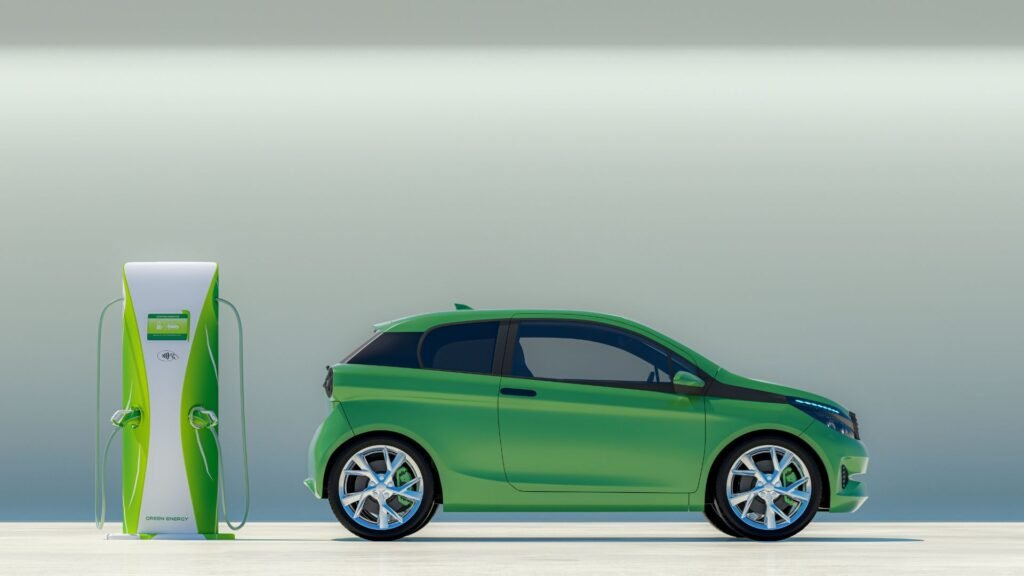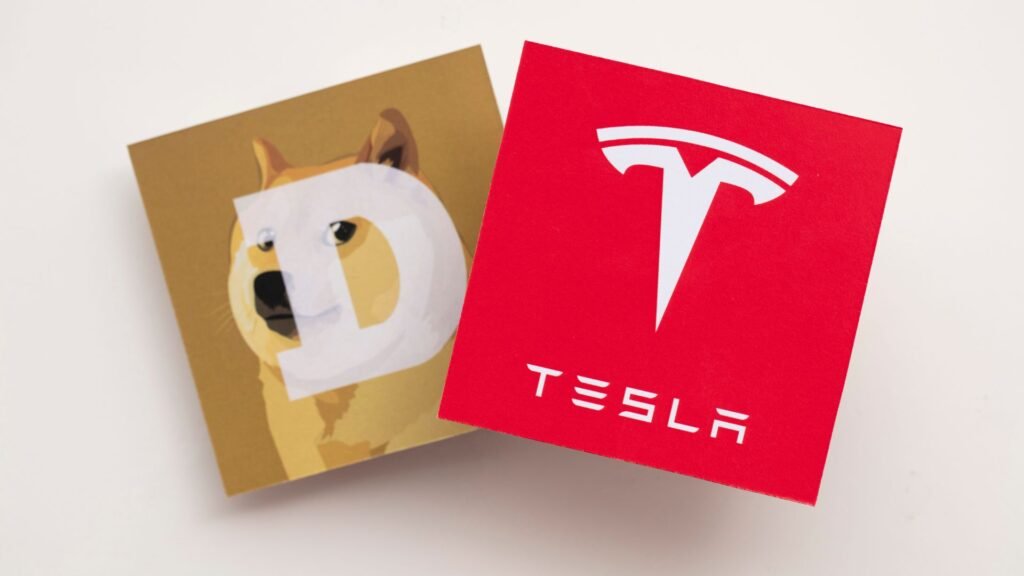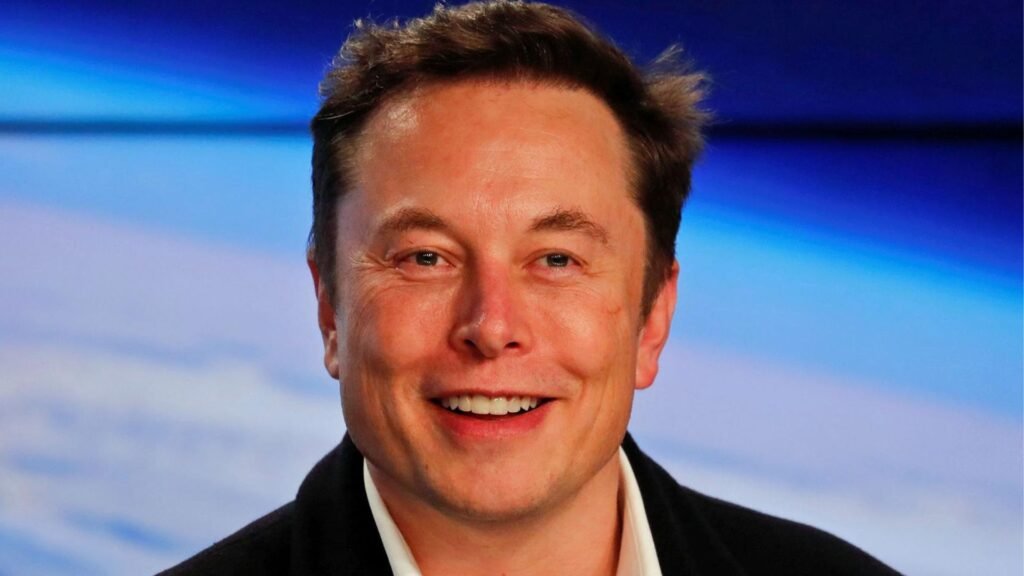Apple’s electric car entry into the electric vehicle market has recently received a lot of attention due to rumors and anticipation. Many people were surprised to learn that Apple had decided to cancel its plans to develop an electric vehicle. This decision has left many people wondering what caused the shift in direction and what it means for the future of self-driving cars. Apple’s foray into the electric vehicle industry, known as “Project Titan,” was first rumored in 2014. The tech titan had gathered hundreds of engineers and designers to develop an autonomous electric vehicle that would transform transportation. The project remained shrouded in mystery, with only occasional leaks and rumors providing details about Apple’s plans.
The Rise and Fall of apple’s electric car
Project Titan’s Origins
Project Titan began approximately ten years ago, when Apple embarked on an audacious journey to build its electric car. The project, which was initially shrouded in secrecy, sparked widespread speculation in the tech community about the tech behemoth’s bold entry into the automotive industry. As rumors circulated, fans and analysts eagerly awaited any information about Apple’s groundbreaking venture, fueling excitement for what would become one of the company’s most ambitious projects in history.
The Dream of Apple’s electric Car

The concept of Apple’s electric car captured people’s imaginations all over the world with its seamless blend of cutting-edge technology and elegant design. Apple aimed to redefine the driving experience with features such as voice-guided navigation and a luxurious limousine-inspired interior. The tech giant assembled a team of nearly 2,000 employees to make this vision a reality, sparking excitement and anticipation across the automotive landscape.
Challenges Along the Way
Project Titan faced a maze of challenges, including leadership changes, strategic pivots, and complex technical hurdles. Despite these formidable challenges, Apple’s unwavering determination and commitment to innovation pushed the project forward. Apple pressed on, unafraid of the formidable challenges that lay ahead, determined to revolutionize the automotive industry.
The Final Decision
In a pivotal moment, Chief Operating Officer Jeff Williams and Vice President Kevin Lynch delivered the sobering news to the dedicated team: Project Titan, after years of tireless effort and innovation, was coming to an end. With heavy hearts, employees accepted the end of a dream that had fueled their passion and dedication, signaling the end of Apple’s ambitious pursuit of an electric vehicle.
Why the U-turn?
Generative AI Takes Center Stage
This strategic shift to generative artificial intelligence (AI) exemplifies Apple’s forward-thinking approach to technological innovation. By shifting resources and talent from the electric car project to AI development under John Giannandrea’s leadership, Apple reaffirms its commitment to pioneering advancements that shape the future of technology and redefine industries.
Investor Response
Investors’ initial concerns were quickly replaced by a resurgence of confidence as Apple’s strategic redirection became clear. This shift in investor sentiment was reflected in Apple’s stock price recovery, indicating a level of confidence in the company’s ability to adapt and innovate. Elon Musk’s lighthearted response highlighted the competitive dynamics within the tech industry, emphasizing Apple’s role in shaping market perceptions and rivalries.
Financial Losses
Billions of Dollars
The significant financial investment, which spans over a decade, demonstrates Apple’s commitment to realizing its Project Titan vision. Despite the project’s conclusion, Apple’s commitment to pushing the boundaries of automotive innovation is evident, with billions of dollars allocated to research, development, and acquiring top talent.
Resource Drain
The extensive resource allocation included everything from paying the salaries of a large team of engineers to making strategic acquisitions like Drive.ai, all to propel Project Titan forward. However, as the project comes to an end, the tangible results of these investments remain elusive, highlighting the complexities and uncertainties that come with ambitious ventures in the technology industry.
Missed Opportunity
Market Disruption
The potential for an Apple’s electric car to disrupt the automotive landscape was enormous, promising to set a new standard for sophistication and innovation in the market. With Apple’s well-known design sensibilities and the prospect of a self-driving car, the company had the opportunity to redefine transportation, providing consumers with an unparalleled driving experience. However, by abandoning the project, Apple misses out on a significant opportunity to reshape the future of mobility and challenge established industry paradigms.
Tesla’s Dominance

Tesla’s continued dominance in the electric vehicle market solidifies its position as an industry pioneer with a track record of innovation and market leadership. While Apple’s potential entry provided an opportunity to challenge Tesla’s dominance, the decision to abandon Project Titan ensures that Tesla remains unchallenged, solidifying its position in the evolving electric vehicle landscape.
Reputation and Innovation
Innovation Stalled
The cancellation of Project Titan is a blow to Apple’s reputation as a pioneering force in technological innovation, as the project represented the company’s bold expansion into new frontiers beyond its established product lines. With innovation at the heart of Apple’s identity, the halt in Project Titan dampens expectations and raises concerns about the company’s ability to maintain its pioneering status in the rapidly changing tech landscape.
Employee Morale
The sudden announcement of Project Titan’s cancellation dealt a significant blow to the morale of the dedicated team members who had invested their time and effort in the project. The looming prospect of layoffs exacerbates concerns about job security and prospects, prompting talented engineers to look for other opportunities outside of Apple.
Strategic Shift
Generative AI
While Apple’s transition to generative artificial intelligence (AI) represents a strategic response to emerging technological trends, it also marks a departure from the tangible realm of automotive innovation. With this transition, the company must demonstrate the practical applications and impactful outcomes of AI projects, as opposed to the tangible products associated with the automotive industry, necessitating a compelling showcase of the potential benefits and advancements enabled by AI-driven initiatives.
Elon Musk’s Salute

Elon Musk’s playful reaction to Apple’s decision highlights the fierce rivalry and competitive dynamics between tech behemoths vying for dominance in a rapidly changing industry landscape. Musk’s cheeky use of emojis acknowledges Apple’s retreat while also asserting Tesla’s position as a formidable competitor, adding a lighthearted yet significant dimension to the ongoing battle for innovation supremacy.
Apple’s decision to cancel its electric car development marks the end of Project Titan. While the decision may disappoint some, it reflects Apple’s strategic shift toward generative AI and away from the difficulties of building a car from scratch. This decision will have an industry-wide impact, shaping the future of both Apple and the automotive landscape.

Thank you for your sharing. I am worried that I lack creative ideas. It is your article that makes me full of hope. Thank you. But, I have a question, can you help me?